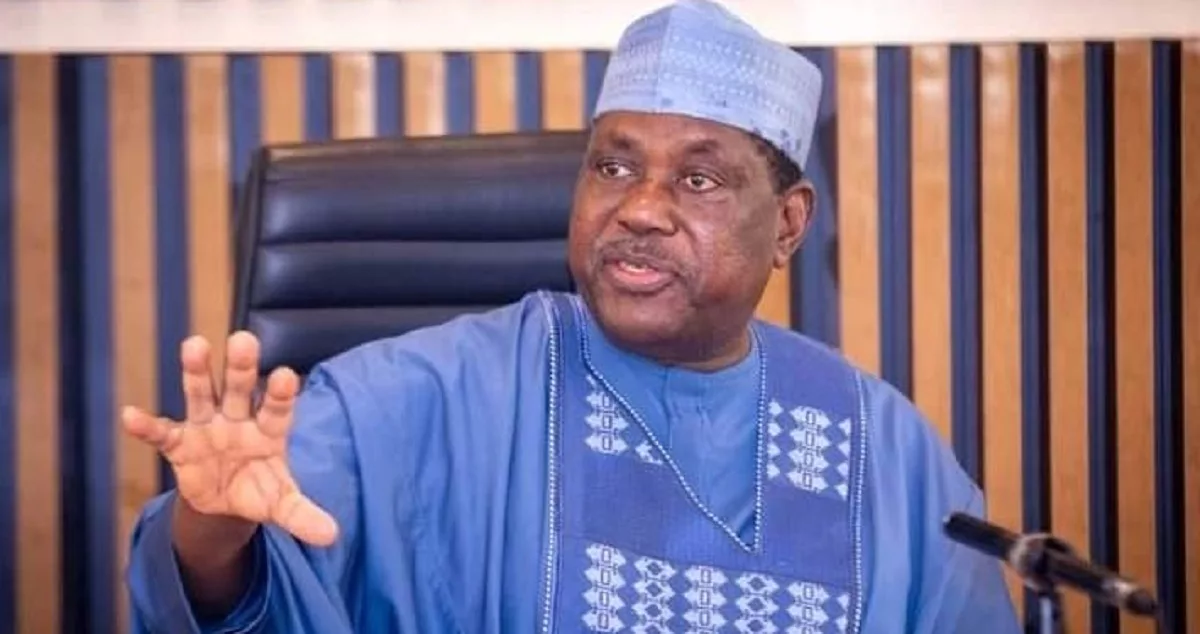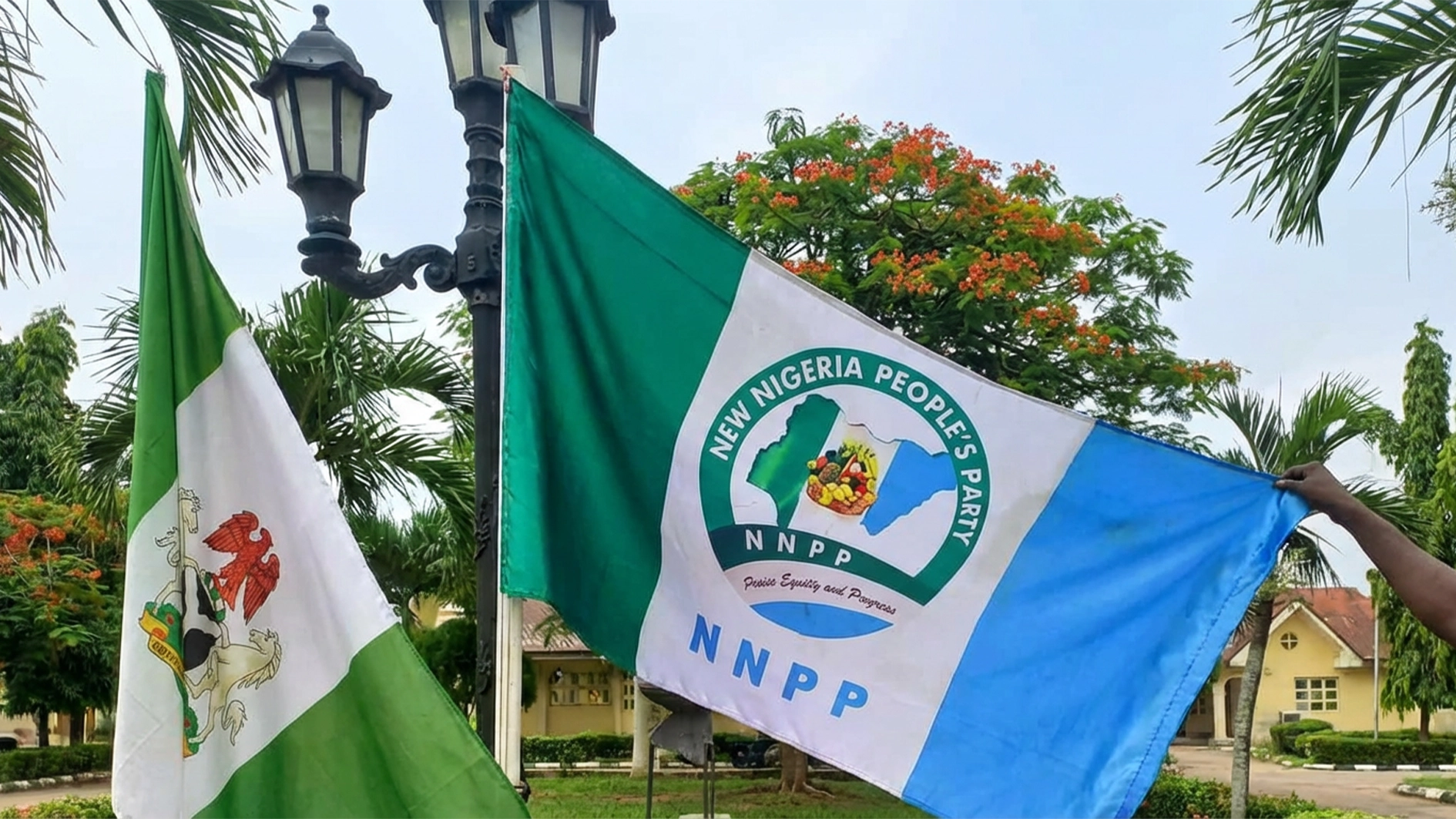The Hydrocarbon Pollution Remediation Project (HYPREP) Coordination Office has stated that the Federal Government’s support for the Ogoni cleanup programme has given renewed momentum to the project’s completion.
The PCO said it has taken significant step towards operationalising the Centre of Excellence for Environmental Restoration with a three-day colloquium.
The event brought together academics, environmentalists, and stakeholders to implement the UNEP-recommended action of establishing an institution that would drive research and build local and international capacity for environmental restoration.
This followed the approval of all the recommendations of the Prof. Don Baridam- led 14-man Technical Planning Committee for the CEER by the Hon Minister of Environment, Balarabe Abbas Lawal, particularly the commencement of a directorate for the Centre.
Speaking at the opening of the three-day event on Friday in Port Harcourt, Professor Nenibarini Zabbey, Project Coordinator, noted that the colloquium marks another critical milestone in HYPREP’s efforts to implement the UN Environment Programme-recommended actions in Ogoni, in line with the directives contained in the gazette establishing the Project.
Zabbey emphasised that the decision of the Federal Government to make the Ogoni cleanup a national priority under the leadership of the Hon. Minister of Environment has brought renewed hope to the Project, accelerating implementation across all components of the cleanup from 2023 to date.
On the state of the project, the PC reported thus: ”HYPREP is advancing firmly and faithfully in all thematic areas of intervention, including remediation of impacted sites, provision of potable water, public health, sustainable livelihood programmes, shoreline clean-up, mangrove restoration, and critical infrastructure development such as CEER and Ogoni Power Project. The CEER remains one of the flagship projects under the HYPREP mandate.”
With the Centre, at 92 per cent complete and will soon be commissioned, Prof. Zabbey maintained that HYPREP is focused on the timely completion of all ongoing projects, including the Buan Cottage Hospital which is at 98 per cent.
He explained that the Centre, when operational, will be an international hub for innovative research and training in environmental remediation and restoration, vocational skill development, create jobs and develop local capacity of the Ogoni people and the Niger Delta.
”It will host advanced laboratories, academic programmes, technical certification courses, and policy innovation platforms and position Nigeria as a leader in global environmental restoration, bridging science, policy and community development
”It will attract local and international scholars, industry experts and development partners to collaborate on solutions for oil pollution remediation and climate resilience” the PC explained.
Meanwhile, in their goodwill messages, the Vice Chancellors of the Rivers State University, Prof Issac Zeb-Opibi, Federal University of Environment and Technology, Prof. Prince Chinedu Mmon, Mike Cowing, Post UNEP and Anneloes Hoff, Political Officer of the Dutch Embassy, all commended HYPREP for organising the colloquium, promising to collaborate with the Project for its actualisation.
Prof. Kirk Semple, Director of International Research at Lancaster University, delivered the keynote address, providing feasible models for the operationalisation and sustainability of the Project, advancing a robust synergy among the Project, funding/development partners, and the government.
The three-day sessions facilitated by Prof B.B Fakae, Prof. Etela Ebisimi, and Chris Newton will see participants drawn from academia, international partners, heads of agencies, civil society, industry experts, professionals, and HYPREP staff engaging in enriching technical sessions. These sessions will cover sustainability and governance frameworks, partnership building, policy harmonisation, community engagement strategies, research collaboration, knowledge transfer, and eco-innovation pathways.
Professor Zabbey is optimistic that the outcome of the colloquium will shape the CEER’s strategic direction and strengthen its operational framework for long-term impact, and through collective efforts, engender a centre and a legacy of national pride.






